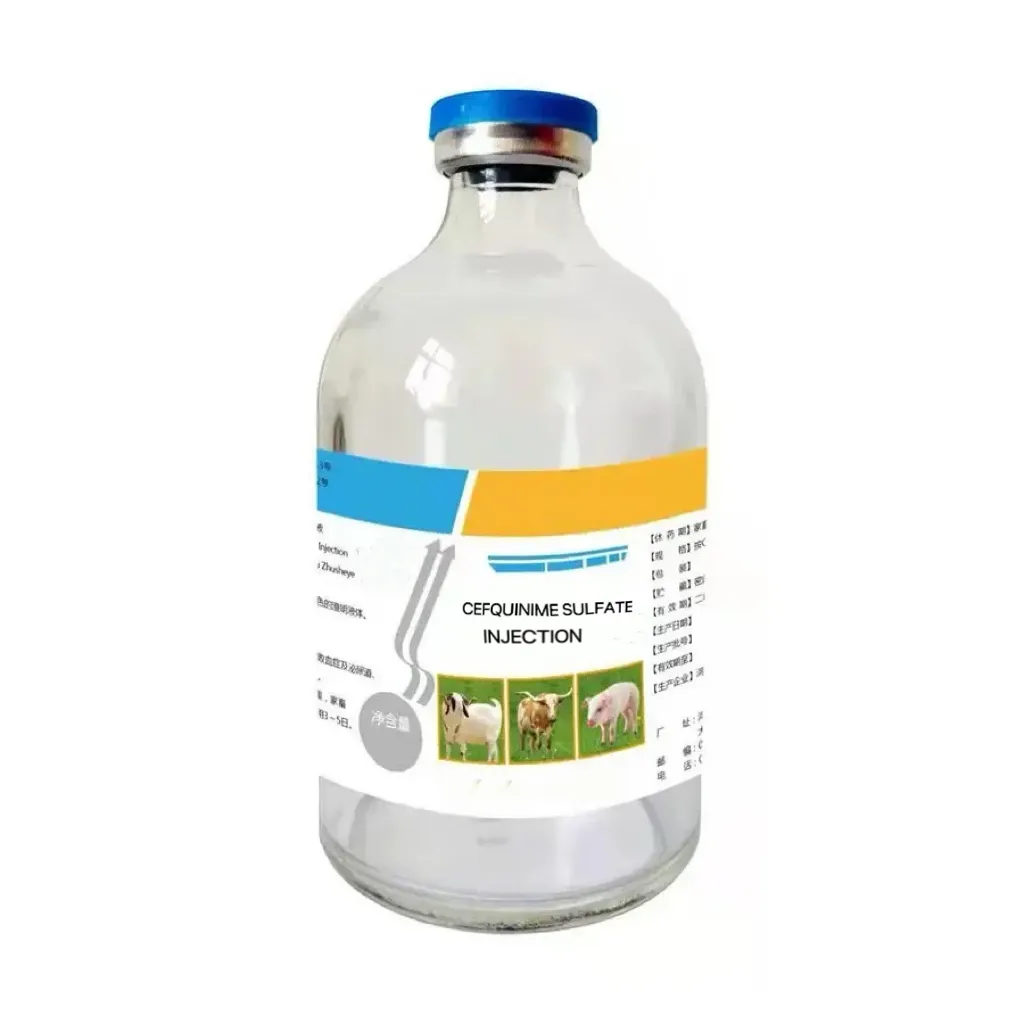- Afrikaans
- Albanian
- Amharic
- Arabic
- Armenian
- Azerbaijani
- Basque
- Belarusian
- Bengali
- Bosnian
- Bulgarian
- Catalan
- Cebuano
- Corsican
- Croatian
- Czech
- Danish
- Dutch
- English
- Esperanto
- Estonian
- Finnish
- French
- Frisian
- Galician
- Georgian
- German
- Greek
- Gujarati
- Haitian Creole
- hausa
- hawaiian
- Hebrew
- Hindi
- Miao
- Hungarian
- Icelandic
- igbo
- Indonesian
- irish
- Italian
- Japanese
- Javanese
- Kannada
- kazakh
- Khmer
- Rwandese
- Korean
- Kurdish
- Kyrgyz
- Lao
- Latin
- Latvian
- Lithuanian
- Luxembourgish
- Macedonian
- Malgashi
- Malay
- Malayalam
- Maltese
- Maori
- Marathi
- Mongolian
- Myanmar
- Nepali
- Norwegian
- Norwegian
- Occitan
- Pashto
- Persian
- Polish
- Portuguese
- Punjabi
- Romanian
- Russian
- Samoan
- Scottish Gaelic
- Serbian
- Sesotho
- Shona
- Sindhi
- Sinhala
- Slovak
- Slovenian
- Somali
- Spanish
- Sundanese
- Swahili
- Swedish
- Tagalog
- Tajik
- Tamil
- Tatar
- Telugu
- Thai
- Turkish
- Turkmen
- Ukrainian
- Urdu
- Uighur
- Uzbek
- Vietnamese
- Welsh
- Bantu
- Yiddish
- Yoruba
- Zulu
Дек . 01, 2024 18:45 Back to list
tylosin injection for poultry
Tylosin Injection for Poultry An Overview of Benefits and Considerations
Tylosin is a macrolide antibiotic that is primarily used in veterinary medicine, particularly for treating bacterial infections in poultry. It is effective against a range of gram-positive bacteria and some gram-negative organisms. This article discusses the benefits of tylosin injection for poultry, its applications, and important considerations for its use in farming operations.
Understanding Tylosin and Its Mechanism of Action
Tylosin is produced by the fermentation of Streptomyces fradiae and acts by binding to the 50S subunit of bacterial ribosomes, inhibiting protein synthesis. This mechanism effectively disrupts bacterial growth and allows for the management of infections within avian populations. Its broad-spectrum activity makes it a crucial tool in the poultry industry to ensure healthy flocks and maintain production levels.
Applications of Tylosin in Poultry Farming
Tylosin is commonly used to treat a variety of infections in poultry, including necrotic enteritis, respiratory diseases, and chronic respiratory disease (CRD). It is particularly valuable for broiler chickens, turkeys, and other poultry species, as these animals are susceptible to numerous diseases that can impact their growth, health, and overall productivity.
1. Treatment of Infections Tylosin is often employed to combat infections caused by Mycoplasma species, which are notorious for causing respiratory ailments in poultry. The antibiotic's effectiveness in such cases can help reduce mortality rates and improve the overall wellbeing of the flock.
2. Prevention of Disease In addition to treating existing infections, tylosin is sometimes used prophylactically, especially in high-risk flocks. By administering tylosin during periods of stress or increased disease incidence, poultry farmers can help prevent outbreaks and protect the health of their birds.
3. Growth Promotion Although primarily used for therapeutic purposes, tylosin has also been shown to promote growth in some poultry operations. The reduction of subclinical infections and improved nutrient absorption can contribute to enhanced weight gain and feed conversion.
Benefits of Tylosin Injection
The use of tylosin in poultry offers several benefits to farmers
tylosin injection for poultry

- Quick Response As an injectable antibiotic, tylosin provides a rapid therapeutic response, making it particularly useful in emergency situations where the health of a flock is at imminent risk.
- Ease of Administration Injectable formulations allow for straightforward administration, particularly when dealing with larger flocks. This method also ensures that the entire dose reaches the animal, as opposed to oral medications that may be less effectively absorbed.
- Improved Animal Welfare By treating infections effectively, tylosin can significantly improve animal welfare outcomes, resulting in healthier birds and better quality meat and eggs for consumers.
Considerations and Responsible Use
While tylosin is a valuable tool in poultry health management, its use must be approached with care
1. Antibiotic Resistance The overuse and misuse of antibiotics in livestock can contribute to the development of antibiotic-resistant bacteria. Farmers must adhere to guidelines for antibiotic use and only employ tylosin when necessary.
2. Withdrawal Times It is essential to follow established withdrawal times to ensure that residues of tylosin do not remain in meat or eggs. This practice is crucial for consumer safety and public health.
3. Consultation with Veterinarians Farmers should work closely with veterinarians to develop comprehensive health plans that incorporate tylosin judiciously. Regular health assessments can help identify outbreaks early, thereby necessitating timely treatment with antibiotics.
4. Regulatory Compliance In many countries, the use of antibiotics in food animals is subject to regulation. Poultry producers must remain informed about local regulations regarding the use of tylosin and ensure compliance to avoid legal issues and promote sustainable farming practices.
Conclusion
Tylosin injection represents a significant advancement in the management of poultry health. As a widely used antibiotic, it has proven effective in treating infections, preventing disease, and even promoting growth under certain conditions. However, responsible use is paramount to safeguarding animal welfare, ensuring food safety, and combatting the rise of antibiotic resistance. By using tylosin thoughtfully and collaborating with veterinary professionals, poultry farmers can optimize flock health and contribute positively to the industry.
-
Guide to Oxytetracycline Injection
NewsMar.27,2025
-
Guide to Colistin Sulphate
NewsMar.27,2025
-
Gentamicin Sulfate: Uses, Price, And Key Information
NewsMar.27,2025
-
Enrofloxacin Injection: Uses, Price, And Supplier Information
NewsMar.27,2025
-
Dexamethasone Sodium Phosphate Injection: Uses, Price, And Key Information
NewsMar.27,2025
-
Albendazole Tablet: Uses, Dosage, Cost, And Key Information
NewsMar.27,2025













